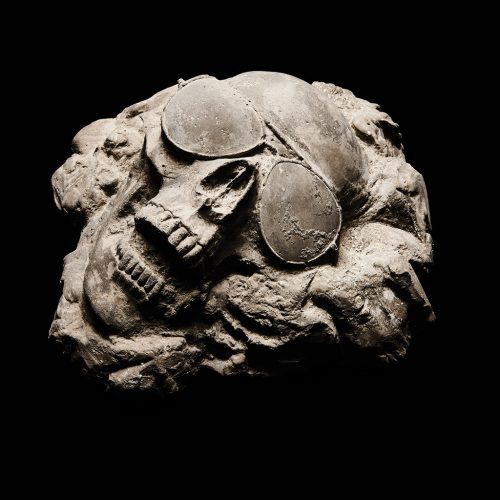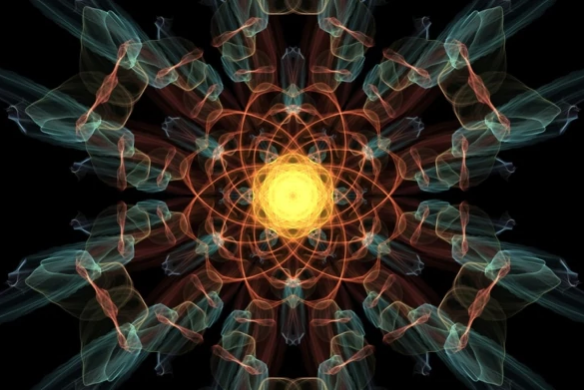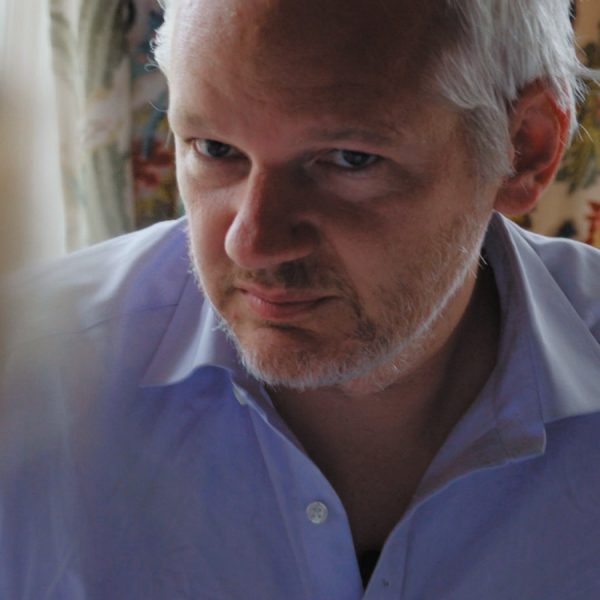The Uninhabitable Earth
I. ‘Doomsday’
Peering beyond scientific reticence.
It is, I promise, worse than you think. If your anxiety about global warming is dominated by fears of sea-level rise, you are barely scratching the surface of what terrors are possible, even within the lifetime of a teenager today. And yet the swelling seas — and the cities they will drown — have so dominated the picture of global warming, and so overwhelmed our capacity for climate panic, that they have occluded our perception of other threats, many much closer at hand. Rising oceans are bad, in fact very bad; but fleeing the coastline will not be enough.
Indeed, absent a significant adjustment to how billions of humans conduct their lives, parts of the Earth will likely become close to uninhabitable, and other parts horrifically inhospitable, as soon as the end of this century.
Even when we train our eyes on climate change, we are unable to comprehend its scope. This past winter, a string of days 60 and 70 degrees warmer than normal baked the North Pole, melting the permafrost that encased Norway’s Svalbard seed vault — a global food bank nicknamed “Doomsday,” designed to ensure that our agriculture survives any catastrophe, and which appeared to have been flooded by climate change less than ten years after being built.
Read the rest of this article at: New York Magazine

Nil Communication: How to Send a Message without Sending Anything at All

We connect to each other through particles. Calls and texts ride flecks of light, Web sites and photographs load on electrons. All communication is, essentially, physical. Information is recorded and broadcast on actual objects, even those we cannot see.
Physicists also connect to the world when they communicate with it. They dispatch glints of light toward particles or atoms, and wait for this light to report back. The light interacts with the bits of matter, and how this interaction changes the light reveals a property or two of the bits—although this interaction often changes the bits, too. The term of art for such a candid affair is a measurement.
Particles even connect to each other using other particles. The force of electromagnetism between two electrons is conveyed by particles of light, and quarks huddle inside a proton because they exchange gluons. Physics is, essentially, the study of interactions.
Information is always conveyed through interactions, whether between particles or ourselves. We are compositions of particles who communicate with each other, and we learn about our surroundings by interacting with them. The better we understand such interactions, the better we understand the world and ourselves.
Read the rest of this article at: Scientific American
The Nihilism of Julian Assange
About forty minutes into Risk, Laura Poitras’s messy documentary portrait of Julian Assange, the filmmaker addresses the viewer from off-camera. “This is not the film I thought I was making,” she says. “I thought I could ignore the contradictions. I thought they were not part of the story. I was so wrong. They are becoming the story.”
By the time she makes this confession, Poitras has been filming Assange, on and off, for six years. He has gone from a bit player on the international stage to one of its dramatic leads. His gleeful interference in the 2016 American presidential election—first with the release of e-mails poached from the Democratic National Committee, timed to coincide with, undermine, and possibly derail Hillary Clinton’s nomination at the Democratic Convention, and then with the publication of the private e-mail correspondence of Clinton’s adviser John Podesta, which was leaked, drip by drip, in the days leading up to the election to maximize the damage it might inflict on Clinton—elevated Assange’s profile and his influence.
And then this spring, it emerged that Nigel Farage, the Trump adviser and former head of the nationalist and anti-immigrant UK Independence Party (UKIP) who is now a person of interest in the FBI investigation of the Trump campaign’s ties to Russia, was meeting with Assange. To those who once saw him as a crusader for truth and accountability, Assange suddenly looked more like a Svengali and a willing tool of Vladimir Putin, and certainly a man with no particular affection for liberal democracy. Yet those tendencies were present all along.
Read the rest of this article at: The New York Review of Books

A Math Genius Blooms Late and Conquers His Field

On a warm morning in early spring, June Huh walked across the campus of Princeton University. His destination was McDonnell Hall, where he was scheduled to teach, and he wasn’t quite sure how to get there. Huh is a member of the rarefied Institute for Advanced Study, which lies adjacent to Princeton’s campus. As a member of IAS, Huh has no obligation to teach, but he’d volunteered to give an advanced undergraduate math course on a topic called commutative algebra. When I asked him why, he replied, “When you teach, you do something useful. When you do research, most days you don’t.”
We arrived at Huh’s classroom a few minutes before class was scheduled to begin. Inside, nine students sat in loose rows. One slept with his head down on the table. Huh took a position in a front corner of the room and removed several pages of crumpled notes from his backpack. Then, with no fanfare, he picked up where he’d left off the previous week. Over the next 80 minutes he walked students through a proof of a theorem by the German mathematician David Hilbert that stands as one of the most important breakthroughs in 20th-century mathematics.
Commutative algebra is taught at the undergraduate level at only a few universities, but it is offered routinely at Princeton, which each year enrolls a handful of the most promising young math minds in the world. Even by that standard, Huh says the students in his class that morning were unusually talented. One of them, sitting that morning in the front row, is the only person ever to have won five consecutive gold medals at the International Mathematical Olympiad.
Read the rest of this article at: Wired


